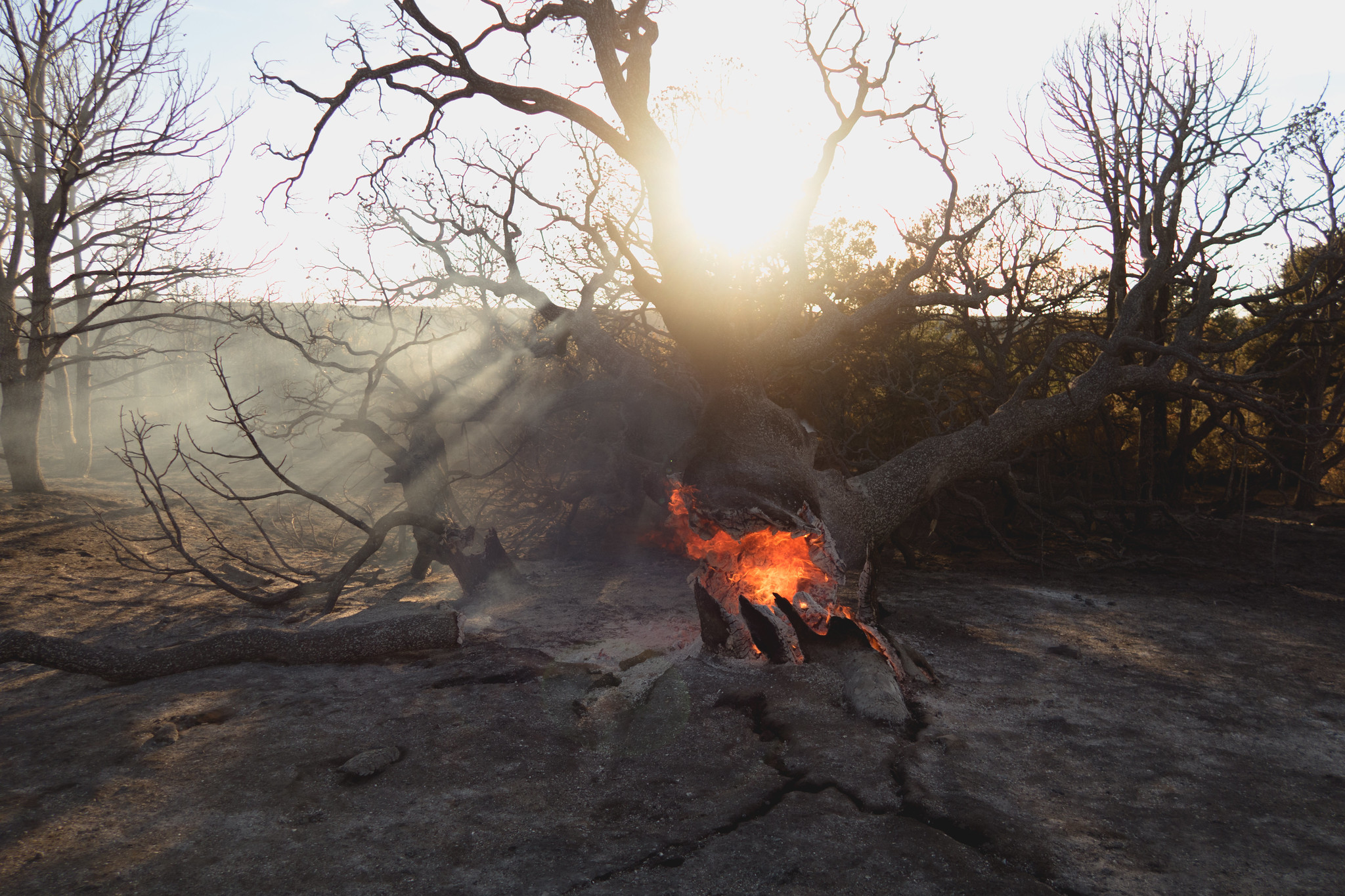A coworker recently shared a podcast with me that sparked
some interesting thoughts. The podcast
was titled “The New Norm,” and was an episode of the NPR “Invisibilia” series.
(link to the written story here and the full podcast here)
As I listened to it, I was skeptical of how it might apply
to wildland fire organizations and operations. After all, smiling Russians and
teary-eyed oil rig workers aren’t normally associated with fire leadership. But
then I heard something that stopped my thought process dead in its tracks: by
going through an admittedly rough and unpopular process, the group of oil
workers reduced their accident rate by 85%.
All of the “fluff” aside, that’s remarkable, and sparked my interest.
To summarize the podcast, it’s a mini-case study of how a
group of oil workers on the Gulf Coast faced the challenge of developing,
constructing, and operating a new, larger oil platform using some extremely
unconventional methods. Not only did they become better workers, but they
became better individuals outside of work as well. How they did it is best
understood by listening to the podcast, but it involved a lot of vulnerability,
some new ways of thinking, and a lot of uncomfortable, unpleasant group
sessions.
I found a few things that I could relate to, especially in wildland fire. First was that there were some cultural similarities –
firefighters tend to be rough and gruff, or at least more so than most
people. We tend to be self-protective in
that we usually prefer to hide vulnerability, fearing the perception of
weakness, or incompetence. I’ve seen and done it myself. I’ve often seen it manifested as a reluctance
to ask questions, or ask for input from coworkers, or expressed as the “shut up
and dig” mentality from leaders and followers alike. As it’s pointed out in the podcast, asking for input or
advice can actually result in safer, more productive workplaces. Sometimes
having a crewmember ask an honest question can bring an “ah-ha” moment to
something an experienced leader (or follower) missed… As strange as it seems,
being “vulnerable” with our coworkers can lead to a lot of positives, including
better team cohesion, better communication, and better self-improvement.
But here’s the catch – being vulnerable sucks. You take a
very real risk in a lot of ways. None of the men in the segment said they
enjoyed the process. None of them said
it was easy. A few said they didn’t even do it. Yet those that went through it
said it made them better people. That’s part of being a leader, of choosing the
difficult right over the easy wrong… Sometimes it’s really challenging.
Sometimes you need to “embrace the suck” and go through a tough, uncomfortable
process to emerge out on the other side a better person. The same goes for
organizations… Sometimes it’s a really not-fun experience, and sometimes what
you’re going through doesn’t directly appear to be related to the mission of
your organization. The oil rig workers in this story undoubtedly asked
themselves “why are we doing this” more than a few times.
This is what I took away from the podcast – every culture
has norms, behaviors that are accepted as “right” and “normal.” Sometimes these norms get in the way of
organizational and personal growth. In the podcast example, the “tough guy”
norm was getting in the way of safely developing and operating larger and more
complex drilling projects. In fire, I see many cultural norms that could
potentially be getting in the way of improving how we do business, especially as
the business we do has slowly but surely changed over time.
What norms would you be willing to challenge
if it made you a better leader, better supervisor, better follower, or simply a
better person? Would you be willing to
show vulnerability in front of your squad, your crew, your FMO? Give it some
thought… The answer, and the reasons for it, might surprise you...
************************************************************
Justin Vernon is a regular guest contributor on our blog. Justin works for the United States Forest Service and is a member of the NWCG Leadership Subcommittee as the steward of the Professional Reading Program. Check out his Chasing Fire blog. All expressions are those of the author.

2 comments:
Great post, Justin! Now I've gotta go listen to that podcast! Keep it up!
Thanks Alex! Appreciate the read and comment!
Post a Comment